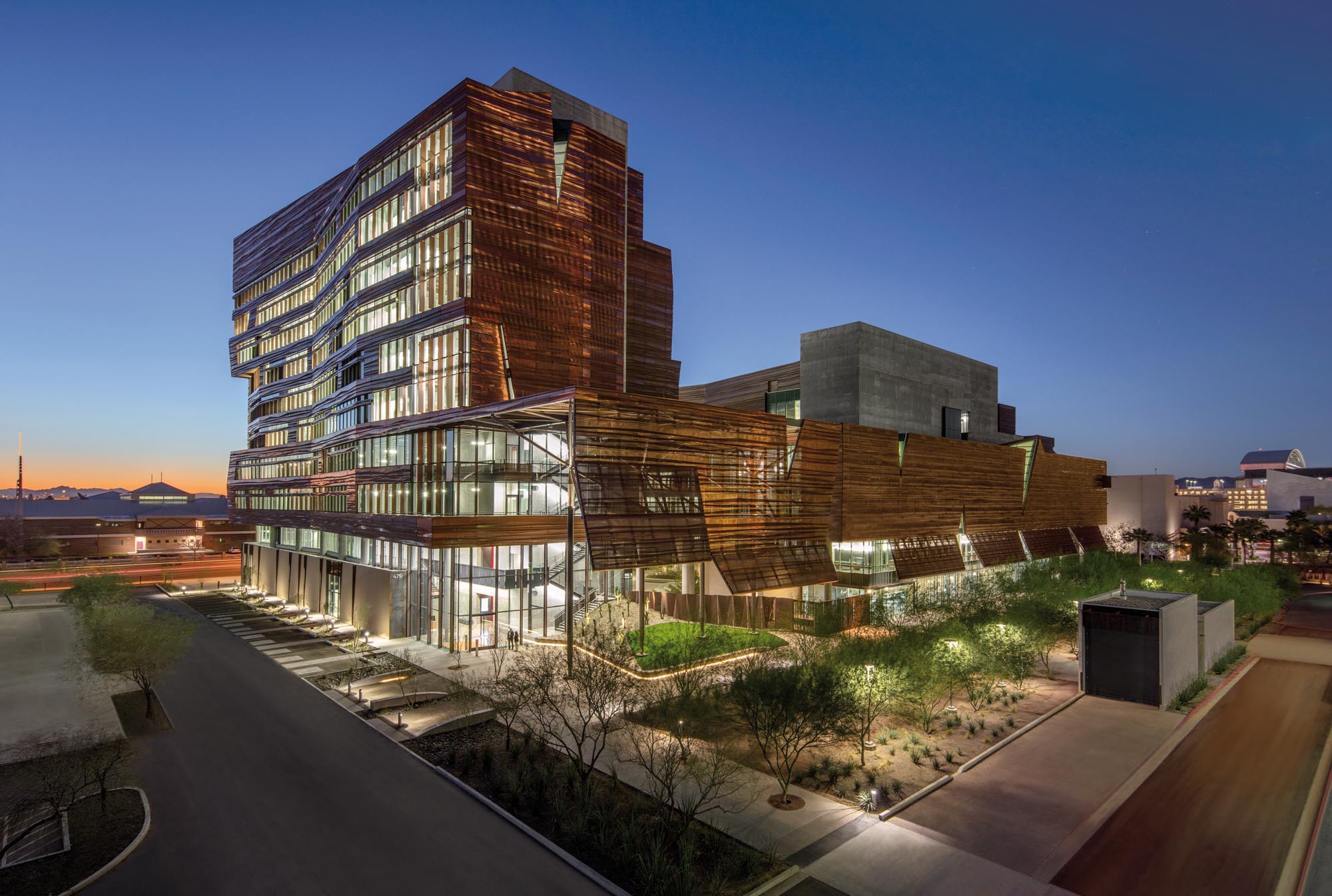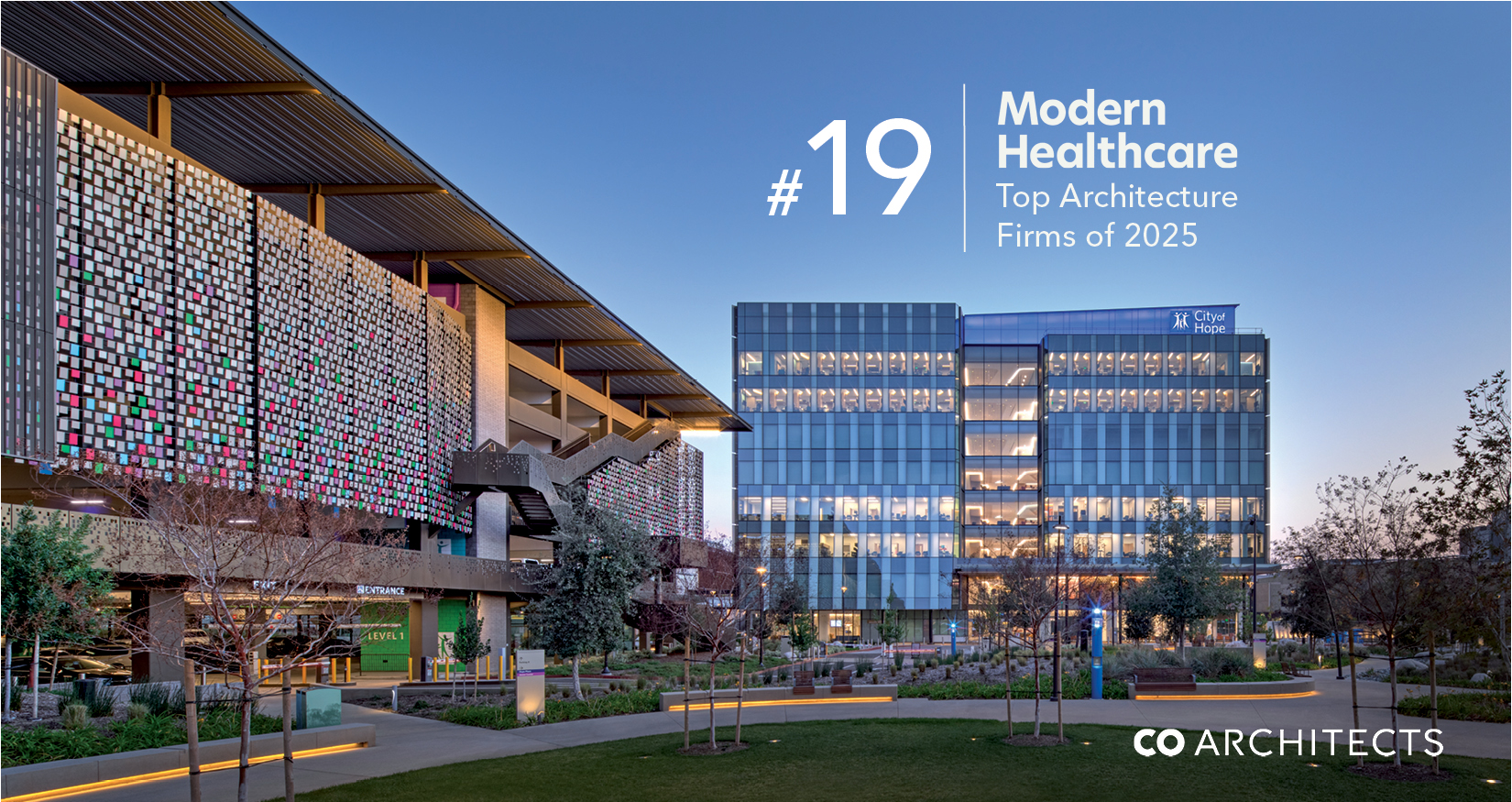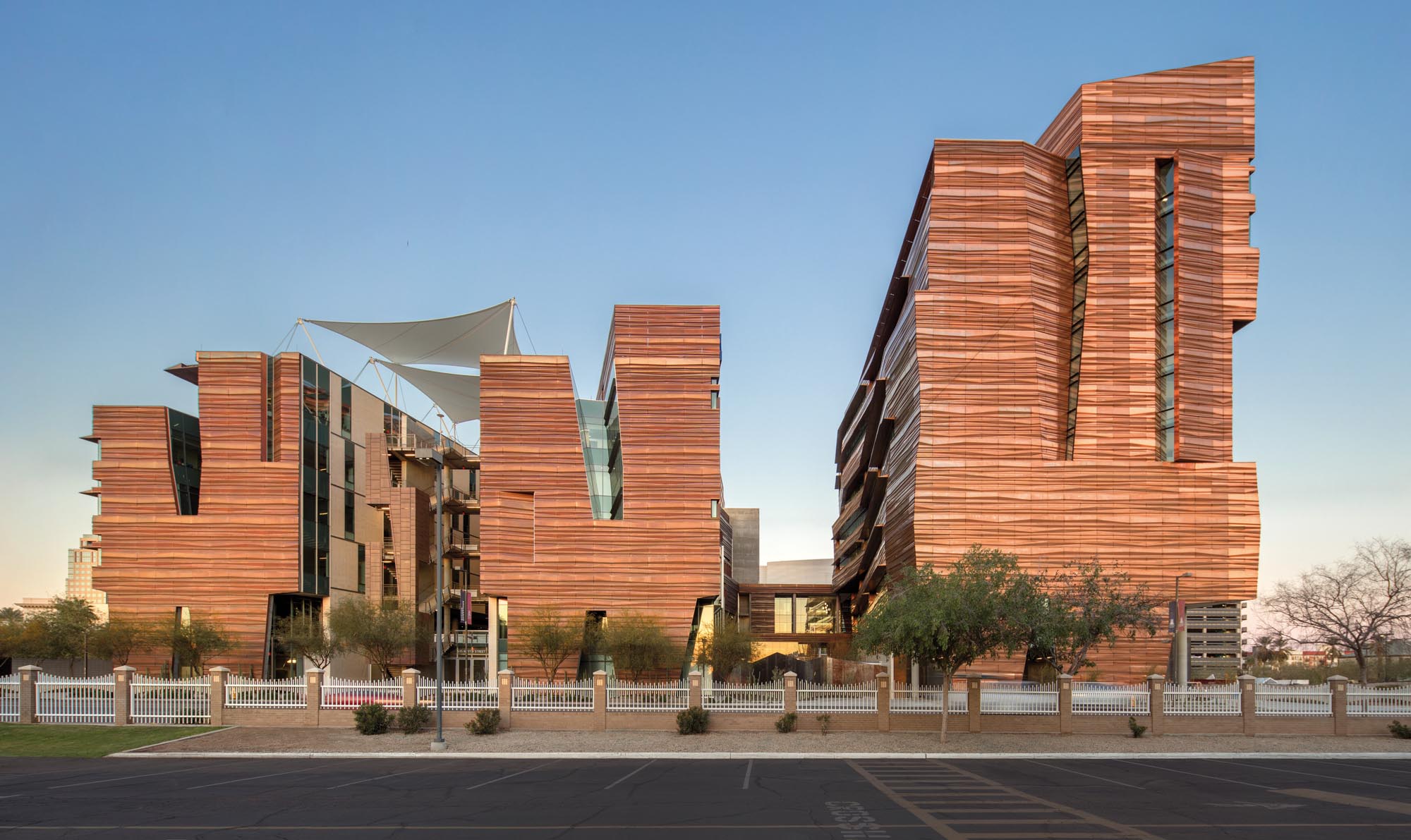
The Biomedical Sciences Partnership Building is a 10-story, urban biomedical and clinical research building for future research faculty supporting University of Arizona research initiatives. It is located on the Phoenix Biomedical Campus and is adjacent to the Health Sciences Education Building, also designed by CO Architects.
BPSB provides a base for collaborative, inter-institutional clinical and translational research at the heart of Arizona’s Biosciences Roadmap and new National Institutes of Health initiatives. The new building supports ongoing UoA research initiatives organized into Centers of Excellence for cancer biology, neuroscience, traumatic brain injury, bioengineering, and public health informatics. It is LEED Silver certified.
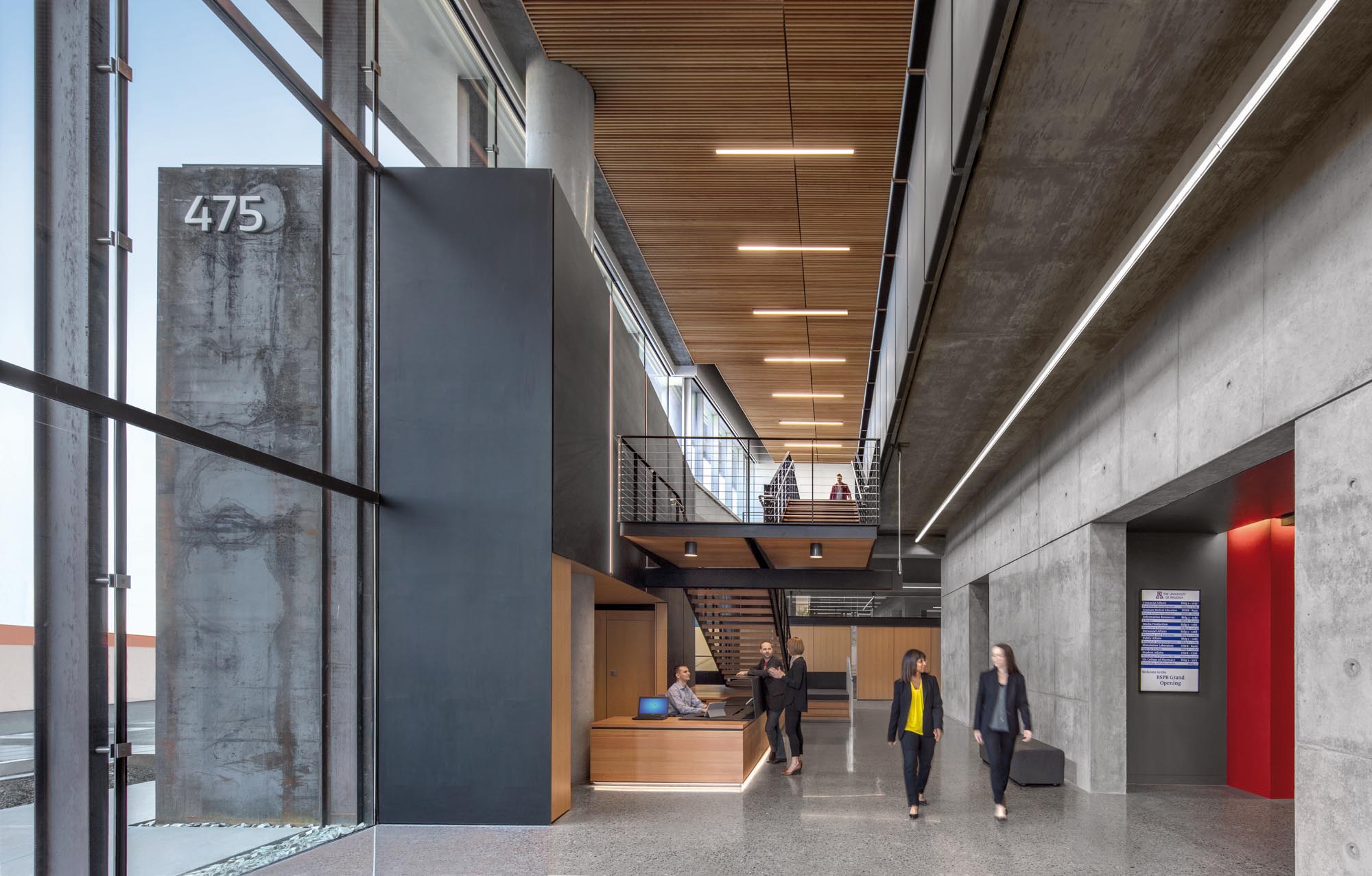
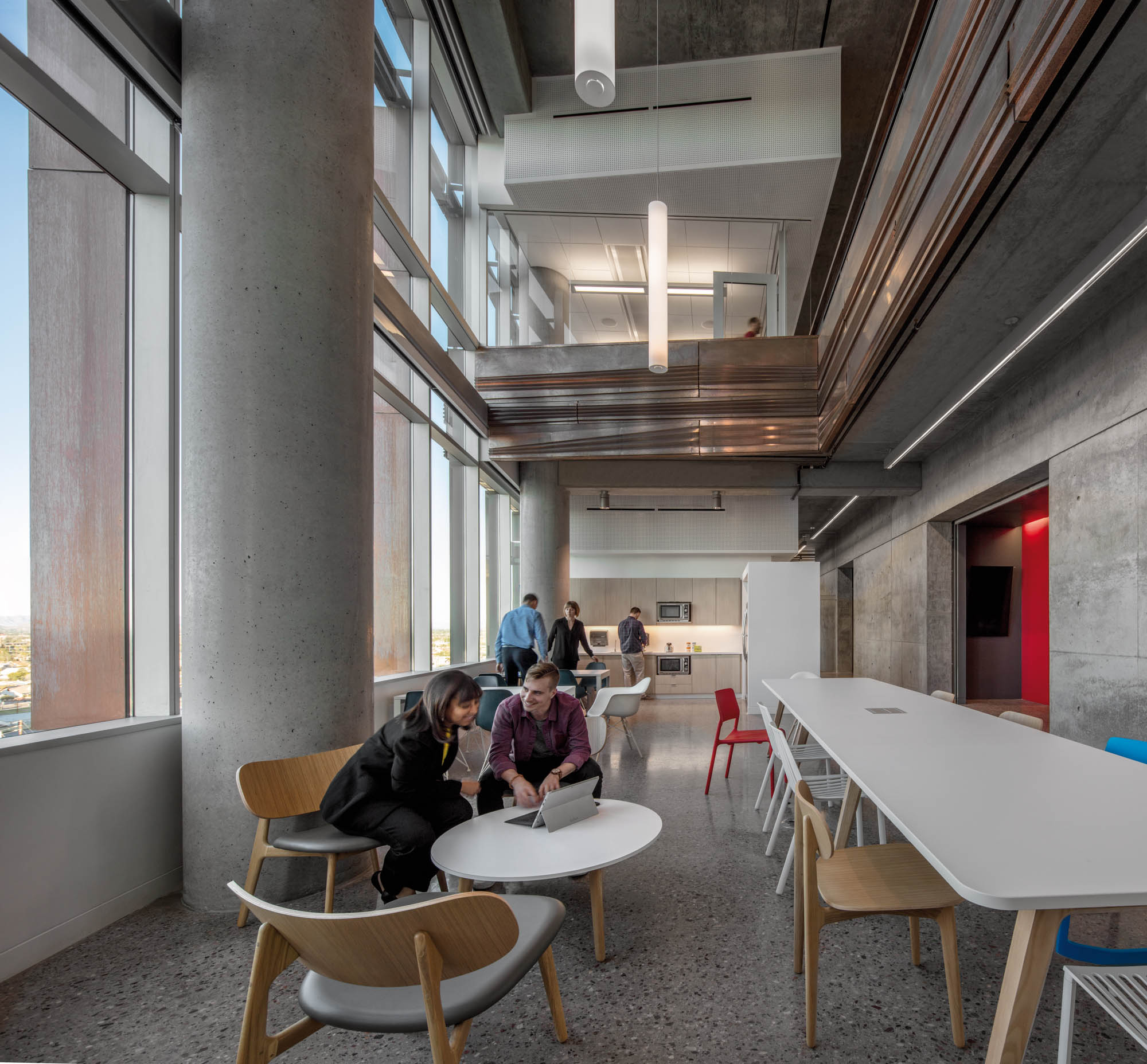
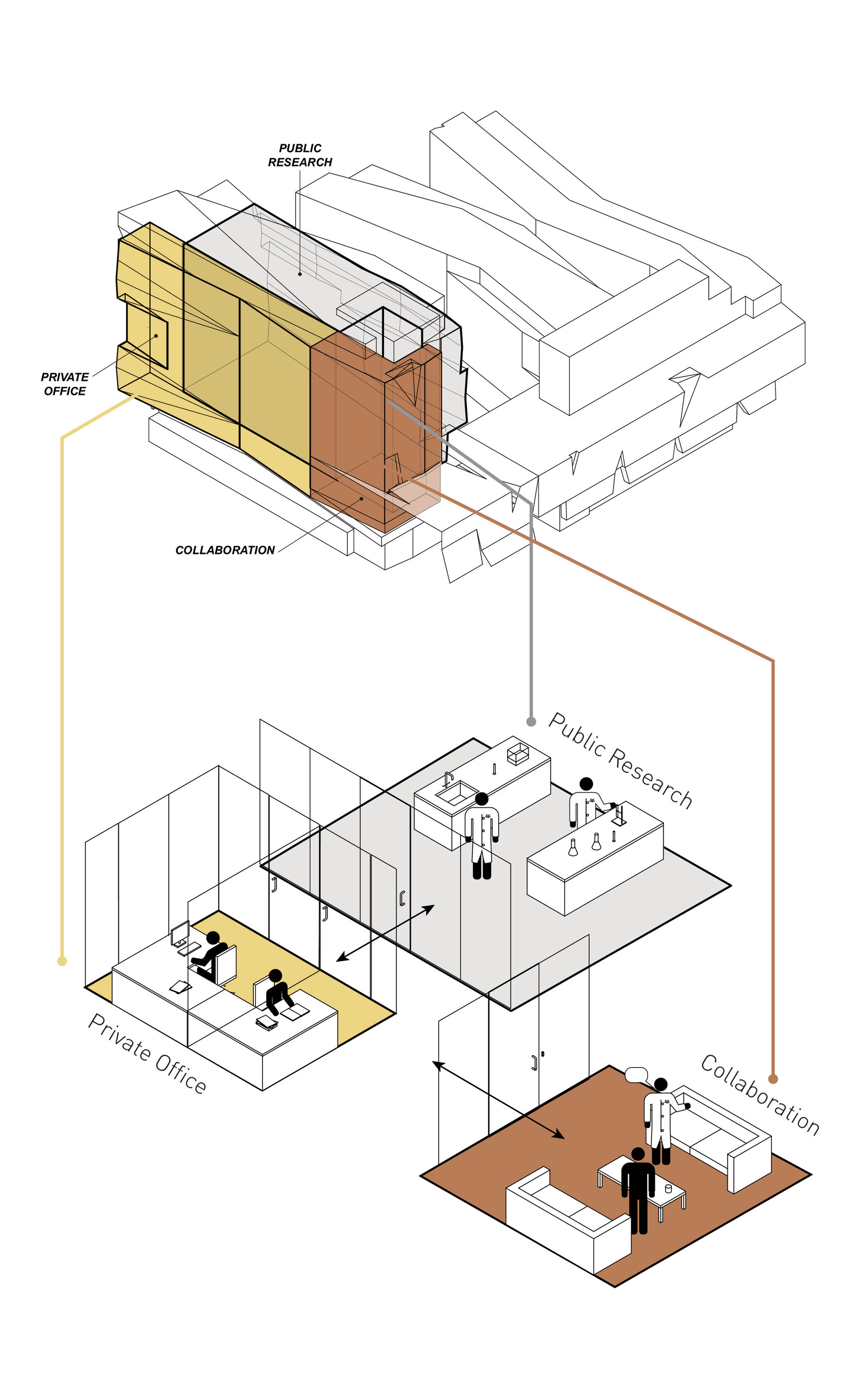
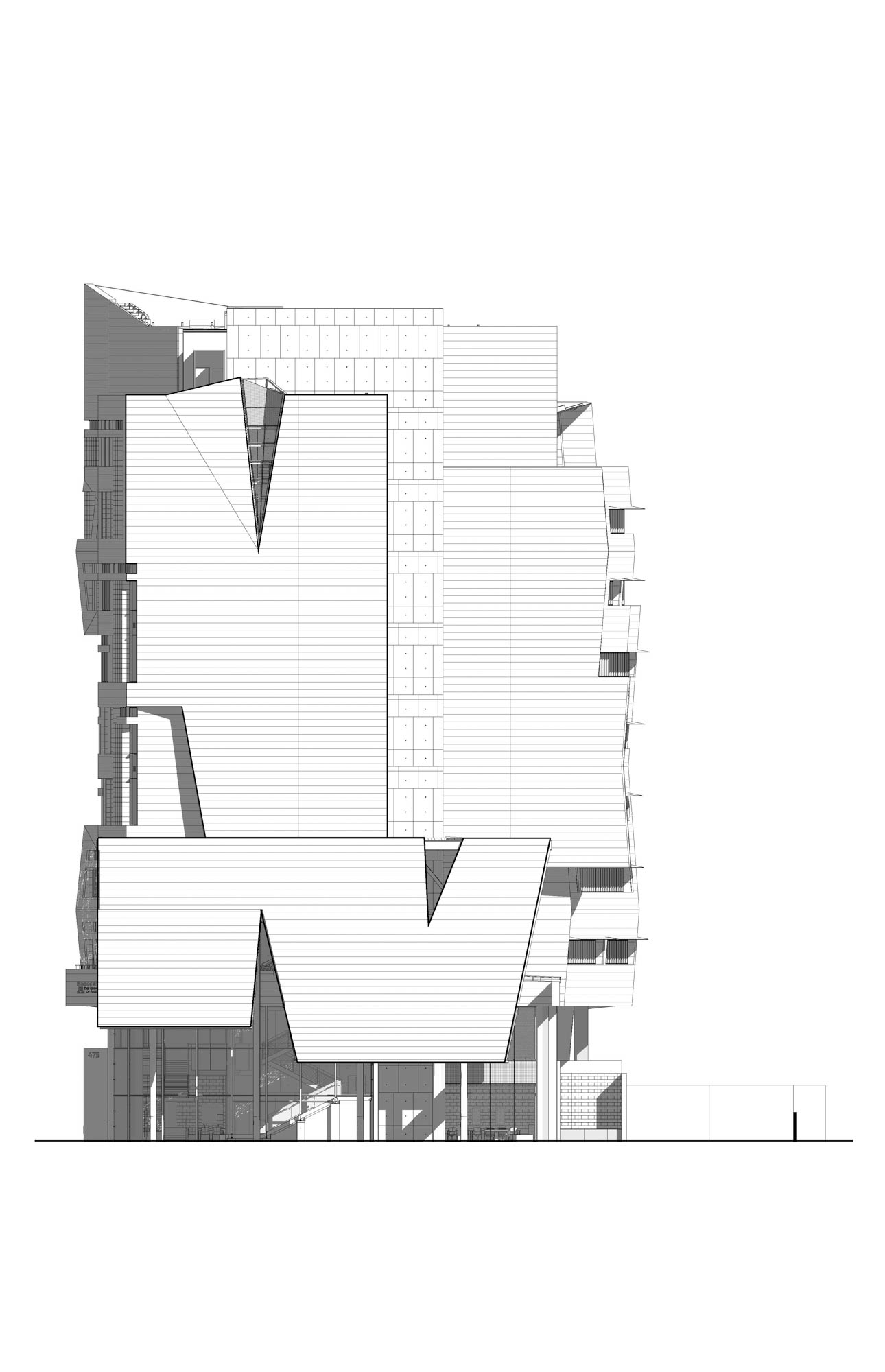
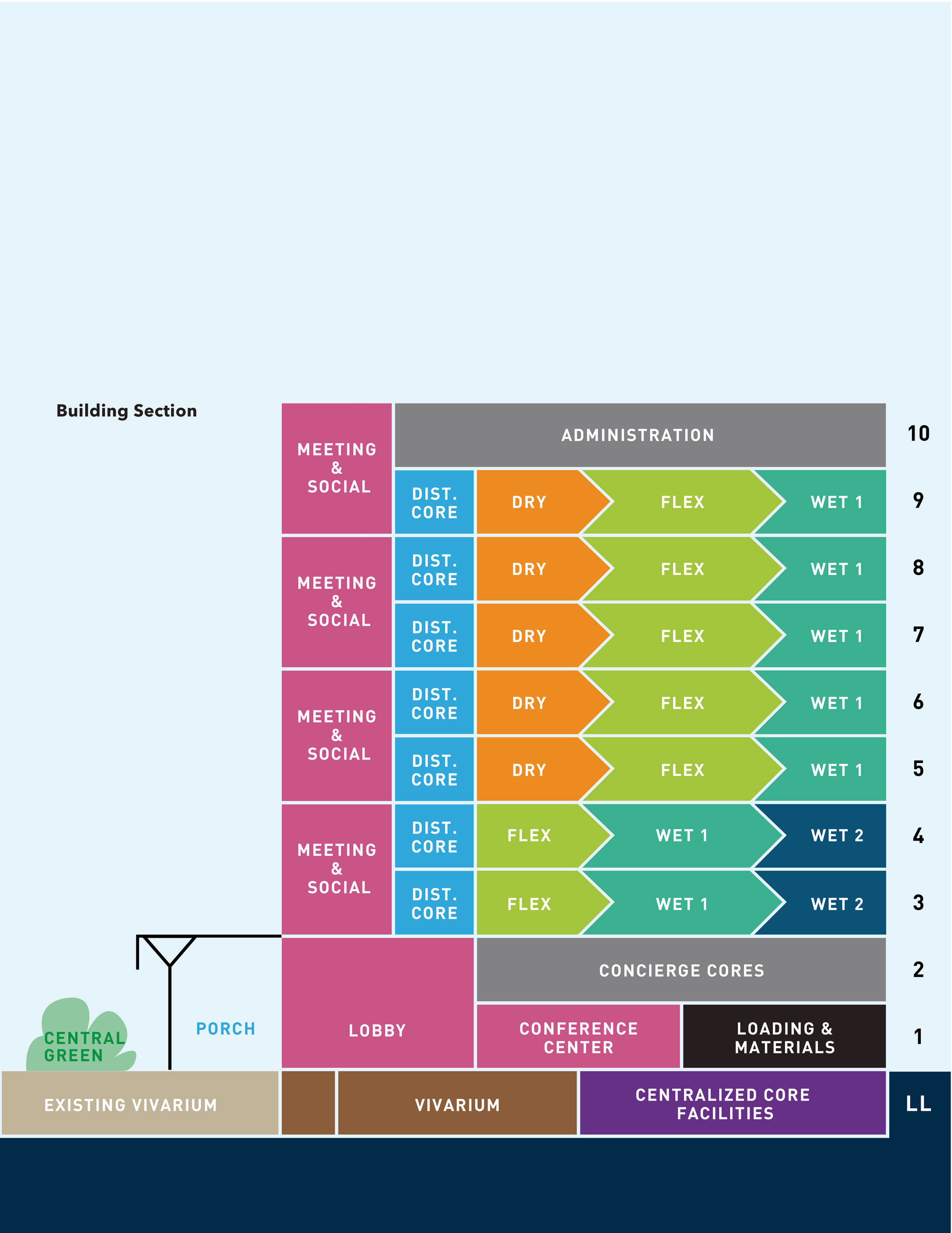
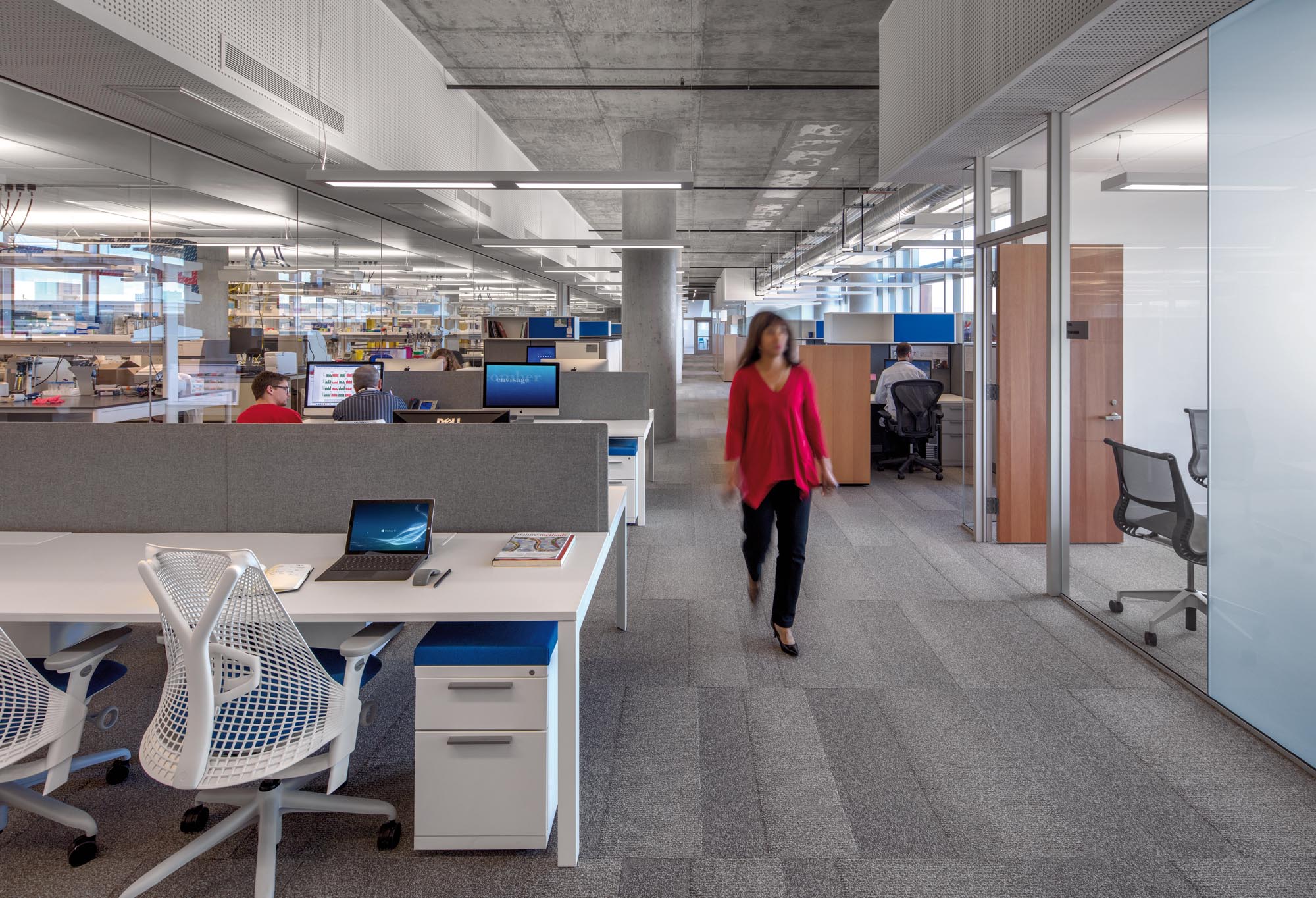
Project Name
Biomedical Sciences Partnership Building
Size
264,000 GSF
Client
University of Arizona
Completion Date
2018
Services
Master Planning
Programming
Laboratory Planning
Architecture
Interior Design
Master Planning
Programming
Architecture
Interior Design
Location
Phoenix, AZ
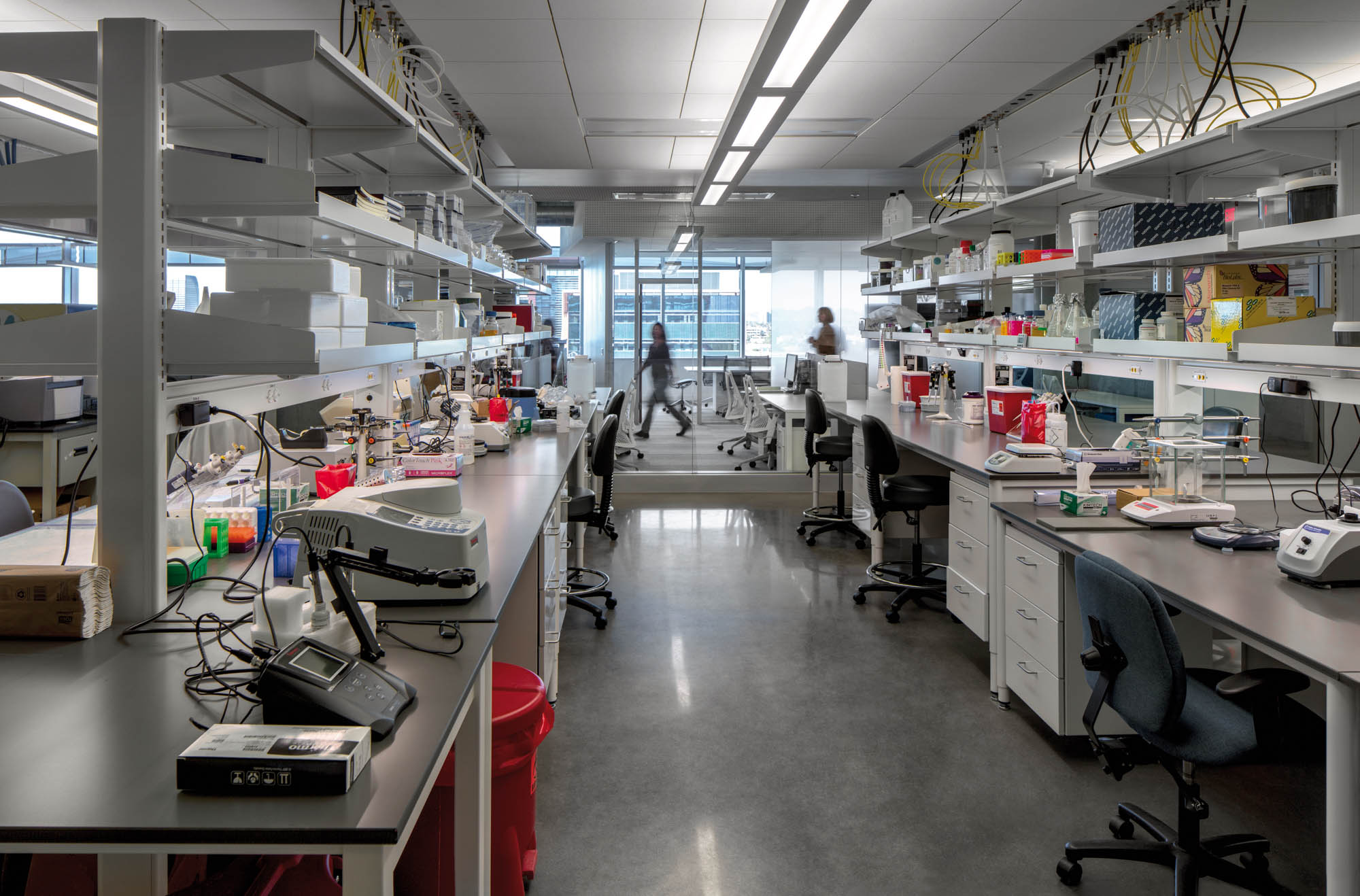
Awards
- Architizer, 2019 People’s Choice Award in Metal + Architecture
- The Architect’s Newspaper, 2018 “Best of” Design Awards
- The Chicago Athenaeum: Museum of Architecture & Design, 2018 American Architecture Award
- AZRE Magazine, 2018 AZRE Red Awards
- American Architecture Prize, 2017 Honorable Mention in Architectural Design
- World Architecture Festival, 2017 Finalist
- ENR, 2017 Best of the Best Award
- AIA California Council, 2018 Honor Award
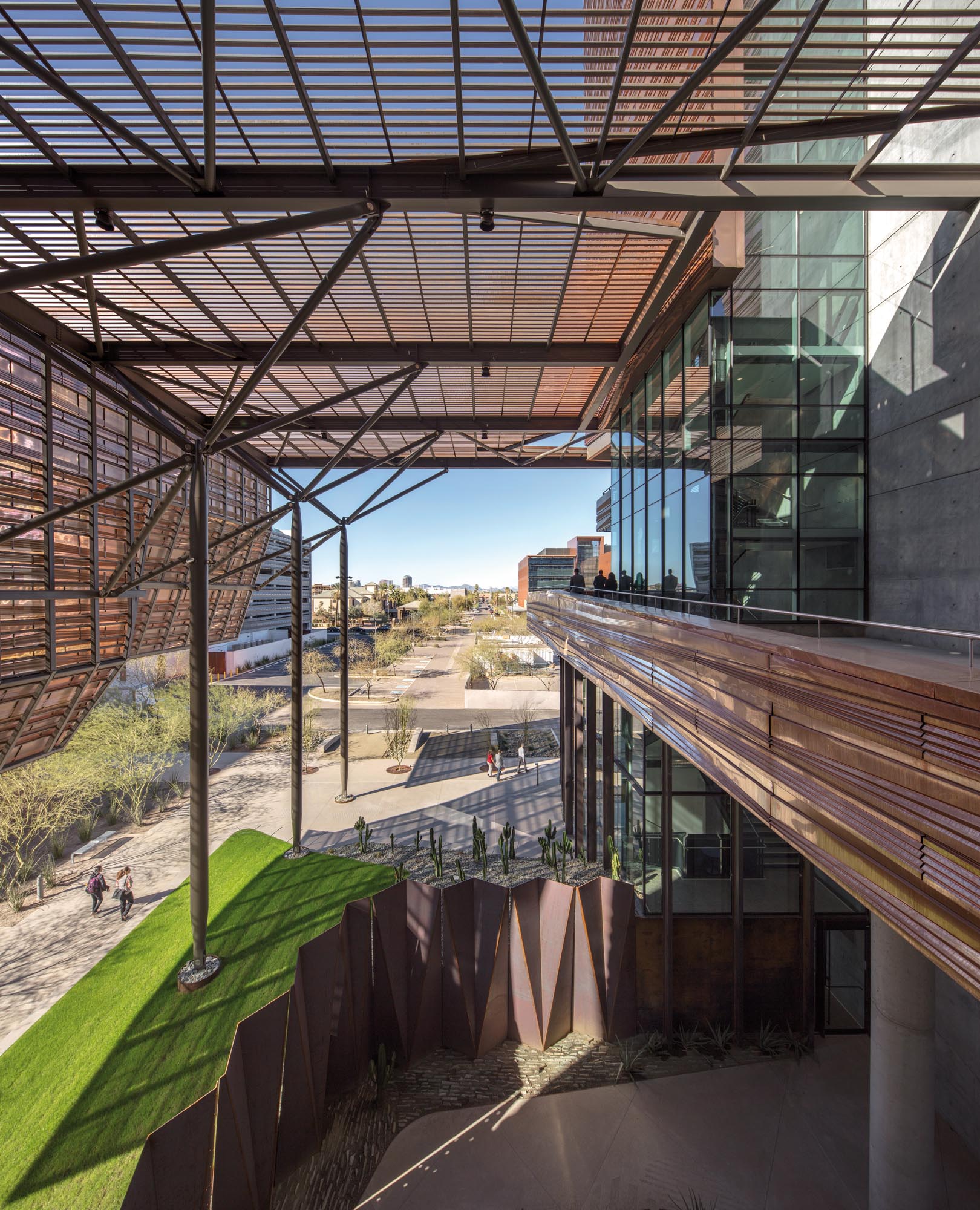
"We can do things that we could not do elsewhere because we have [this] unique environment. It’s state of the art, and I think already people are coming from many different countries (and) are very impressed by the building and the facilities. It’s a very good environment to stimulate (creativity) and innovation.”
Frederic Zenhausern, PhD, MBA, Director, Applied Nanobioscience & Medicine, University of Arizona College of Medicine, Phoenix
